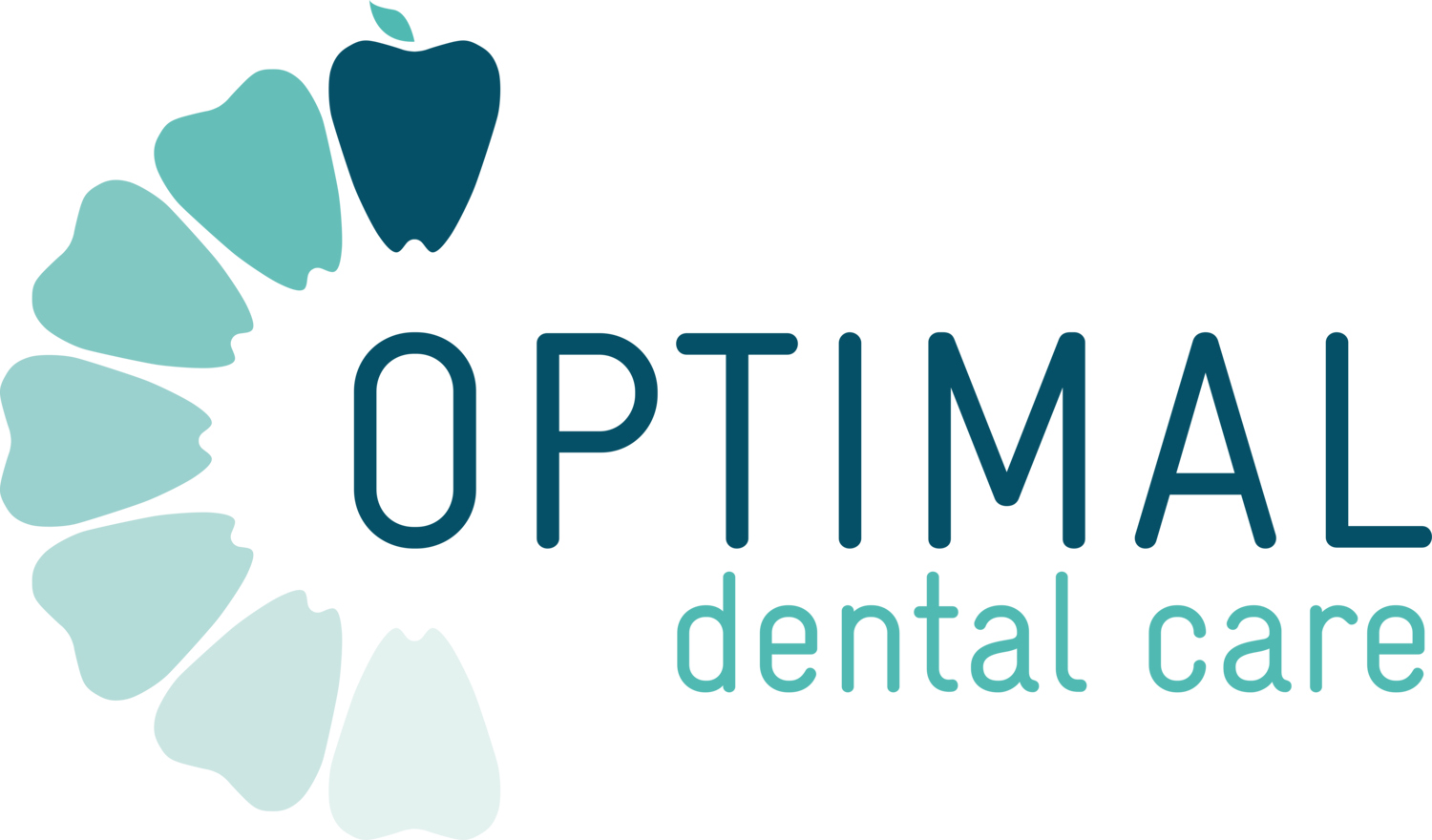All You Need To Know About Crossbite Corrections
If you've ever wondered why your bite feels a bit off or why your teeth don't seem to align perfectly, then you are in the right place. This blog lists the causes of crossbites, modern solutions such as braces and aligners, and post-correction care.
What causes a crossbite?
Picture your upper and lower teeth as pieces of a perfectly fitting puzzle. A crossbite occurs when the upper teeth sit inside the lower ones due to misalignment. That is a crossbite. The upper teeth are wider and positioned outside the lower ones, ensuring even force distribution during chewing. In a crossbite, where the upper teeth sit inside the lower ones, misalignment can lead to irregular wear and dental damage.
Crossbites can be a result of both genetic and environmental factors. You might inherit a tendency for crossbites if your parents had them. In some cases, childhood habits like thumb-sucking or prolonged pacifier use can also throw off the balance of your bite. An unattended crossbite can lead to issues like jaw pain, loose teeth, receding gums, enamel breakdown, cavities, uneven jaw growth, and unbalanced facial features. In addition to this, a crossbite impacts your smile; therefore, its optimal treatment is necessary.
How can modern dentistry help in correcting a crossbite?
With the grace of modern dentistry, correcting a crossbite is more achievable than ever, thanks to the marvels of modern dentistry. Whether you're a teenager or an adult, there are various treatment options available to suit your needs.
Braces and aligners
The tried-and-true method of braces remains a reliable choice for most people. Braces can effectively correct crossbites by gently guiding your teeth into their proper positions. If the thought of metal wires and brackets is not appealing, then clear aligners, like Invisalign, are a good choice for you because they provide a discreet alternative without sacrificing efficiency.
Palatal expanders
For some, a narrow upper jaw might be the root of the evil crossbite. Enter palatal expanders; these nifty devices widen the upper jaw gradually, creating the perfect space for your teeth to align harmoniously. It might sound intimidating, but it eliminates the discomfort, which is minimal compared to the long-term benefits.
Tooth recontouring
In cases where the crossbite is due to minor tooth misalignment, tooth recontouring could be the solution. This simple procedure involves reshaping the enamel to create a more balanced bite. It's quick, painless, and can make a world of difference.
How do I begin the crossbite treatment?
Start your treatment with a consultation with your friendly neighbourhood orthodontist in Woollahra. During this initial meeting, your unique situation will be assessed, and a tailored treatment plan will be crafted. It's your chance to ask questions, express concerns, and understand the entire treatment process.
Once the plan is set, then you are all set to proceed further. If braces are your chosen treatment, you'll be fitted with the appliances that will work their magic over the coming months. If aligners are your weapon of choice, you'll receive a series of trays that gradually shift your teeth into alignment—all while being virtually invisible! Be patient with the process, which is the key to successful crossbite treatment. Attend regular check-ups, and before you know it, you'll be endowed with your perfect smile.
Things to remember post-treatment
After your braces are off or the last aligner is worn, retainers are your new best friend. These nifty devices help maintain the newly achieved alignment, preventing any unwelcome shifts. Wear them as advised by your orthodontist, as consistency is the key to the entire treatment. Just because the braces are off doesn't mean saying goodbye to your dentist. Regular check-ups are essential to ensure that your teeth are in good condition and staying in their designated spots.
How much does the treatment cost?
If your crossbite is causing significant issues affecting your daily life, your medical insurance might chip in. In these cases, your dentist or doctor can advocate for your insurance company to cover the costs. For dependent children, some dental insurance plans might cover crossbite treatment, especially if orthodontics are part of your coverage. When it comes to adults, dental insurance plans typically don't include orthodontic treatment. However, it's still worth checking, especially if your treatment is considered medically necessary.
If you find yourself without insurance, the cost of correcting a crossbite can vary. It depends on how much treatment is needed to get your bite back on track. Remember, the key here is to explore your options, talk to your nearest dental clinic in Woollahra, and see what financial avenues might be available.
If you are seeking solutions for teeth whitening in Bondi Junction, Optimal Dental Care is your trusted friend. Our skilled orthodontist offers dental treatments tailored to your needs. To book a consultation, visit our website today.
